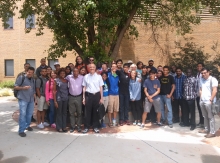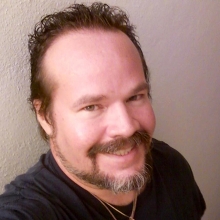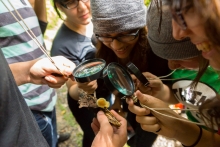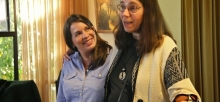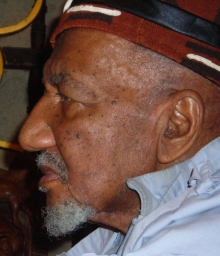Ciencia Boricua Profiles
Every month we profile the work of an outstanding CienciaPR member or discuss a topic of relevance to our community
The forest is our greatest teacher
Submitted by Elizabeth Padilla-Crespo on
Don Tony Rodriguez’s Parrots
Submitted by Ana Teresa Rodríguez on



